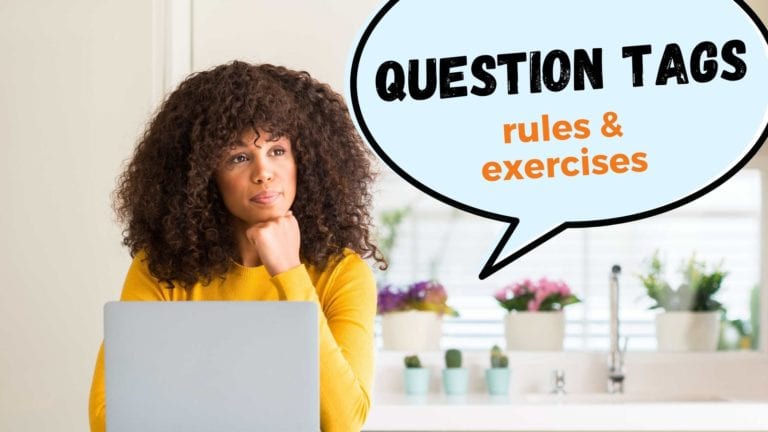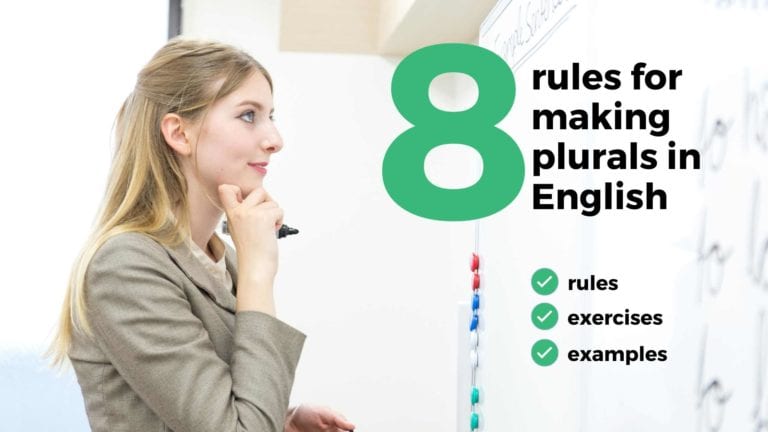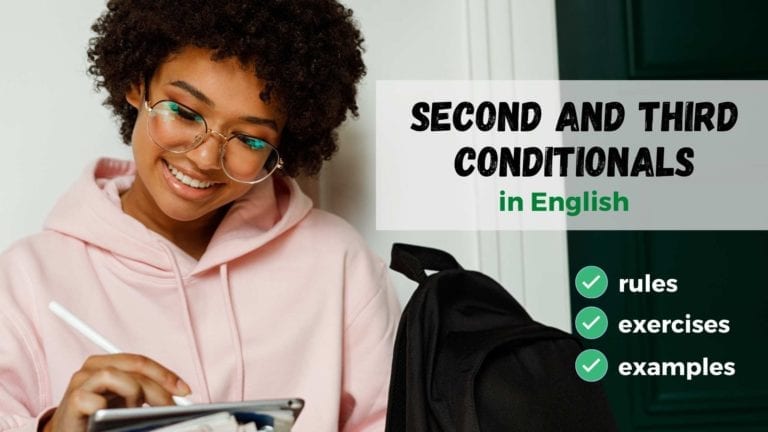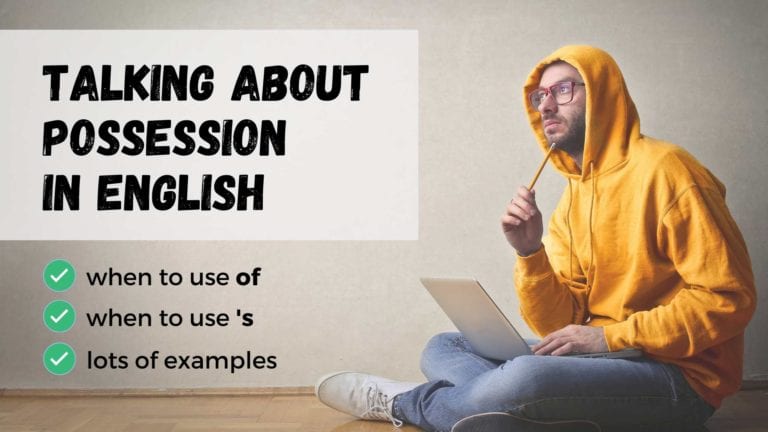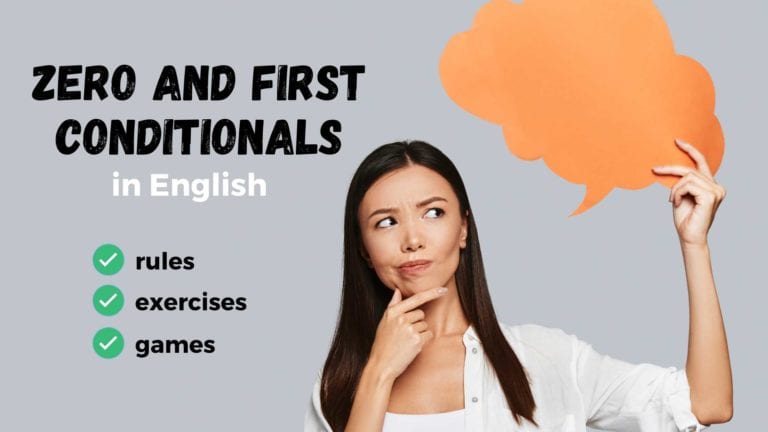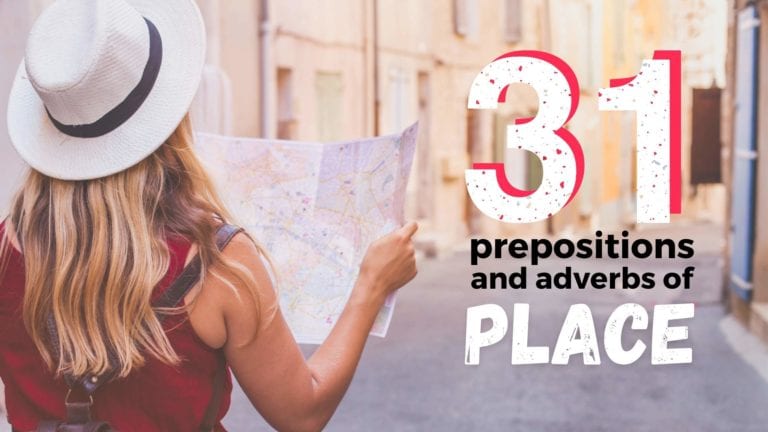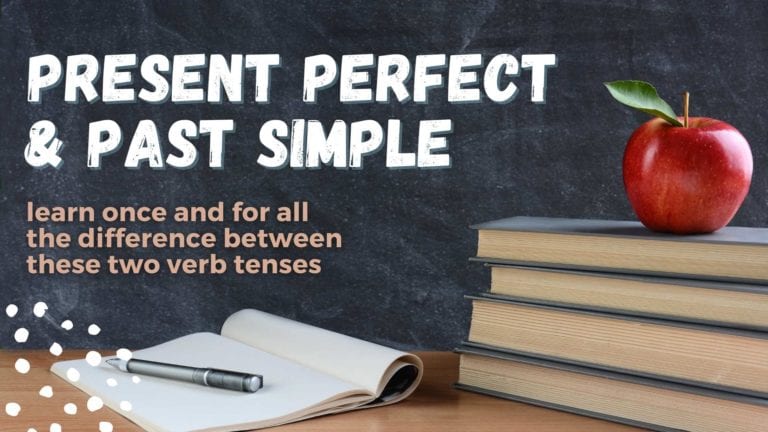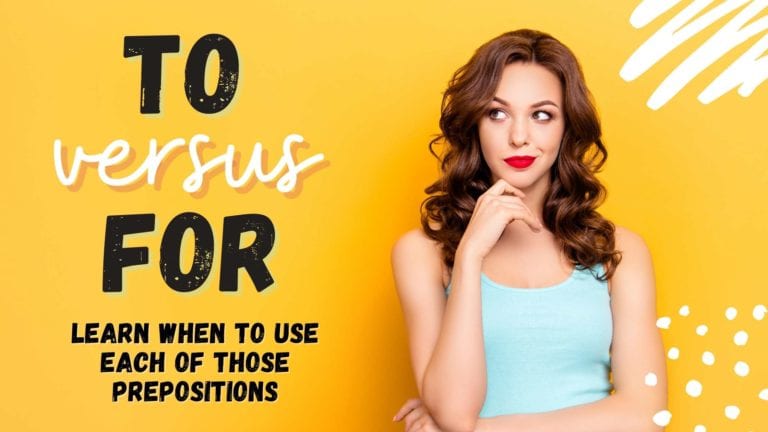Question Tags: How to Ask for Confirmation in English, plus Exercises
You know what questions tags are, don’t you? If you have never heard of this before, go back to the first sentence of this blog post. The clause don’t you? is what we call a question tag. There are positive tags and negative tags. Keep reading to understand the difference between them. These types of question help us…

